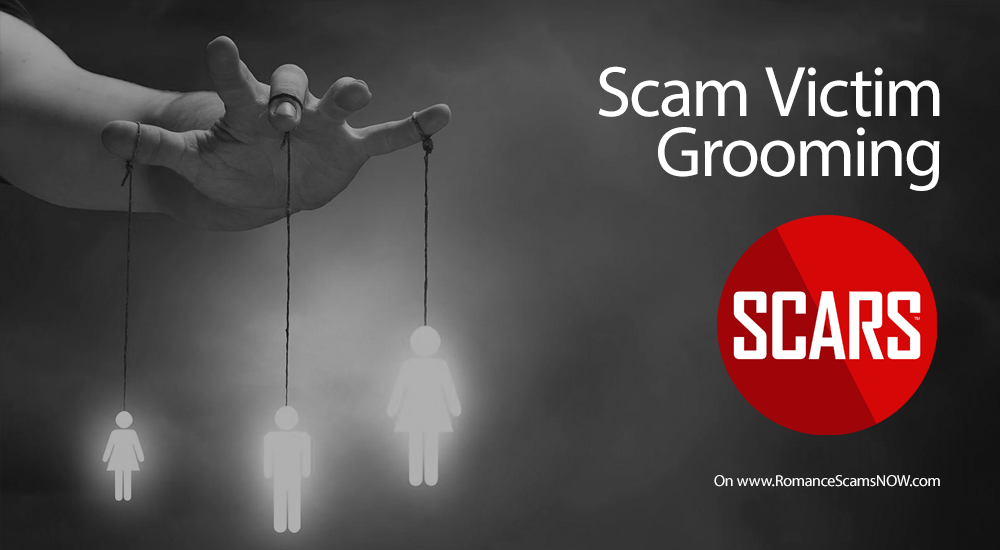What is a Victim Impact Statement?
A Victim Impact Statement is a written or oral statement presented to the court at the sentencing of the defendant. Many times victims, their family members, and friends of the victim participate in both written and verbal statements. More often than not, numerous individuals write letters to the sentencing judge, and only a few of those directly connected to the crime speak at sentencing. Victim Impact Statements were created as an opportunity for the judge to hear how a criminal action has affected you and those that you love. Victim Impact Statements are not limited to the courts. Many times, probation or paroling agencies allow for an opportunity to present a statement as well.
How to Write a Victim Impact Statement?
As you are preparing your impact statement, you may find that using the following questions can guide you. Remember that writing about your feelings may be very painful, so be sure to pace yourself and don’t feel that you need to have it “perfect”. Be gentle with yourself and take as many breaks as you need. As you are preparing your statement, you may find that the following questions can guide you:
- How did the crime affect you and your family?
- What was the emotional impact of the crime on you and your family?
- What was the financial impact on you and your family?
- Do you have any recommendations for the court about the disposition (sentencing) of this case?
- Is there anything else you would like to tell the court?
The above guidelines do not cover the totality of the impact of crime but may be used as a starting point. Victim Impact statements are unique to you and people have various ways of expressing how crime has affected them. Even though guidelines are typically given to you before sentencing, and there is much flexibility in how you present your statement, there are things you will need to take into consideration.
When Creating A Victim Impact Statement Include This:
Write simply and descriptively. Your goal is to help the court feel your trauma. While nobody can truly understand what you are feeling, you can help others identify with your trauma by using feeling-evoking words and phrases. Using descriptive words can help people form an image of what you are saying.
Scam Victim Impact Statement Example:
I was the victim of this person who deliberately manipulated me and stole my future in the cruelest possible way. He made me fall in love with a fake identity tht I truly believed was a real person, then manipulated me to drain my savings just so he could live a better life. Even at the end, he know how devestated I was when I found out and he just laughed and said I should kill myself. The loss of my savings means that I have no security in my future and I am now dependent on my family, something I never though I would. The trauma I have experienced from this has left me with long lasting PTSD and other psychological and emotional harm that I will live with all my life – all because this criminal wanted more bling.
- Do address the judge, or paroling authority, when you speak. Such as “Dear Presiding Judge Overseeing The Case Of …” You may want to talk directly to the offender. If this is something you want to do, ask permission from the judge first. You can still say what you need regarding the offender through the judge.
- Do ask permission if a picture is part of your statement. More often than not this is allowed, but any visual aids you utilize will need permission from the court first.
- Do write out your statement in advance. Presenting a statement is emotional. You may think you know what you want to say but when the time comes, your emotions could take over and your train of thought is lost. If this occurs, you can read directly from your statement.
- Do have an alternate person that can read your statement in case you cannot finish.
When Creating A Victim Impact Statement DO NOT Include This:
- Don’t directly express your anger toward the court or the offender. Your goal is to express your hurt and your pain, not to blame. The blame has already been placed on the offender, so now is the time to talk about what you have been experiencing through your loss.
- Don’t use unsuitable language, as it will diminish the effectiveness of your statement.
- Don’t describe what you want to happen to the offender in prison. Please do not get descriptive about any harm you would like to see imposed.
- Don’t put personal, identifying information in your letter and do not say it verbally in court. This includes your physical address, mailing address, email address and phone number. The offender will be provided copies of all letters submitted. If you state this out loud in court, it will be another opportunity for the offender to contact you in the future.
What Happens to your Victim Impact Statement? Do You Have to Read it in Court?
It depends on where the trial will be. If Nigeria for example, it is impractical to go there, so your statement is the only way you can be heard!
Preparing and presenting an impact statement in court, or in front of a paroling or probation agency, can be intimidating. If you do not think you can physically stand in front of the offender and read your statement, have an alternate in mind beforehand. It does not matter who presents your statement as long as you have identified this person in advance. Many times, victim advocates are asked to present impact statements. It does not have to be a victim advocate and should be someone you feel comfortable expressing your words.
If you submit a letter, this will become part of the court file, the prosecutor’s file, and the defense’s file. Victim Impact Statements can also be included in the offender’s Department of Corrections file. It could be subject to public disclosure. This is why it is essential to not include contact information in your statements, written or verbally.
Why Write a Victim Impact Statement?
It is not mandatory you write an impact statement. This is a right you have but not one you have to participate in. Many choose not to participate. There are several reasons why Victim Impact Statements are beneficial. The reasons stated below are just a few.
- The judge gets to hear your side of the story. This is usually the first time this occurs. Throughout the criminal justice process, the focus is on the offender. Hearing from those that are affected by the crime puts a face to an often forgotten victim.
- You have a chance to tell the judge how you want sentencing to occur. More often than not, cases conclude by a plea offer. Many times the prosecutor and defense have agreed to a recommended amount of time. The judge is not bound by that agreement. You can make a difference in the amount of time an offender receives by speaking up. This is true in cases that go to trial as well.
- You have the opportunity to address the court, and the offender by way of the court, about how the crime has affected you. Many find this helpful in the journey of victimization. Letting those know how they harmed you can be beneficial for emotional well-being.
- The impact statement becomes part of the offender’s permanent file. It is a reminder of the harm they caused you.
Where To Send Them?
Contact your local police or District/State Attorney/Prosecutor’s office for how to submit one.
How To Submit Information To The EFCC In Nigeria
- In the case of foreign trials, such s with the EFCC – send them by email to the agency involved. Their email address is: info@efcc.gov.ng
- Be sure to identify the defendant that this relates to
- Be sure to tell them that you wish to have your statement submitted to the trial judge for consideration during sentencing
- Include a section clearly identified as “Victim’s Impact Statement”
- Send a copy to us at SCARS so that we can also observe the EFCC’s actions and discuss it with them if needed. Our email address is: Contact@AgainstScams.org
- If you do not know who your criminal is, you can send a statement for any defendant that you choose. But include in the impact statement that you do not know who the criminal is that defrauded you, and you want to speak about the impact that all criminals that engage in this type of fraud have on their victims.
We wish you all the best in doing this.
Portions from third-party sources.
To Learn More Also Look At Our Article Catalogs
Scam & Crime Types
More SCARS
- ScamsNOW Magazine – ScamsNOW.com
- ContraEstafas.org
- ScammerPhotos.com
- AnyScam.com – reporting
- AgainstScams.org – SCARS Corporate Website
- SCARS YouTube Video Channel








![An Example of How Scammers Use Emergency Scams - 2014 [UPDATED 2024] - on SCARS RomanceScamsNOW.com](https://romancescamsnow.com/wp-content/uploads/2014/06/emergency-scams.png)


Please Leave A Comment - Tell Us What You Think About This!